-
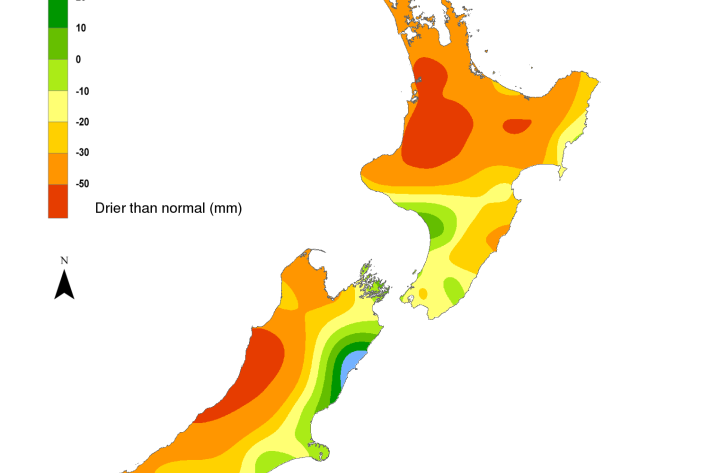
Hotspot Watch 20 January 2022
Hotspot20 January 2022A weekly update describing soil moisture patterns across the country to show where dry to extremely dry conditions are occurring or imminent. Regions experiencing significant soil moisture deficits are deemed “hotspots”. Persistent hotspot regions have the potential to develop into drought. -
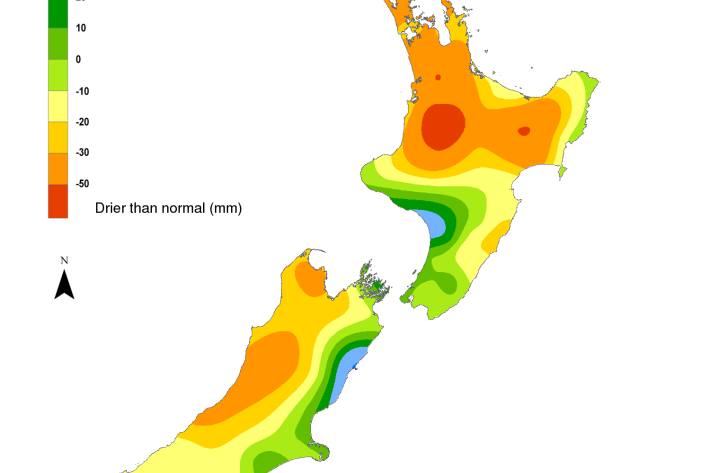
Hotspot Watch 13 January 2022
Hotspot13 January 2022A weekly update describing soil moisture patterns across the country to show where dry to extremely dry conditions are occurring or imminent. Regions experiencing significant soil moisture deficits are deemed “hotspots”. Persistent hotspot regions have the potential to develop into drought. -
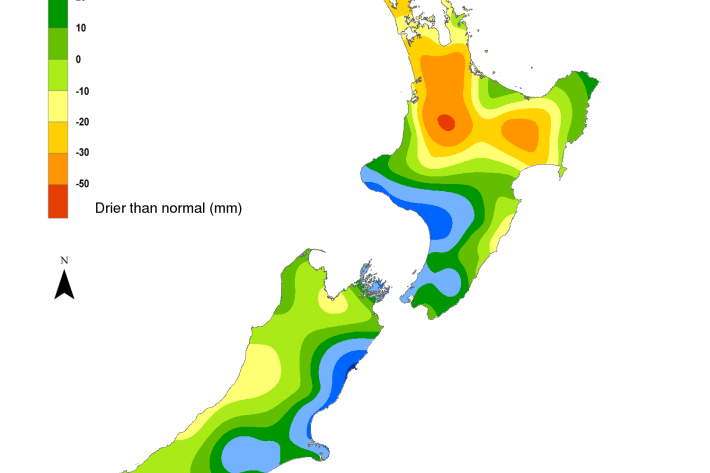
Hotspot Watch 6 January 2022
Hotspot06 January 2022A weekly update describing soil moisture patterns across the country to show where dry to extremely dry conditions are occurring or imminent. Regions experiencing significant soil moisture deficits are deemed “hotspots”. Persistent hotspot regions have the potential to develop into drought. -
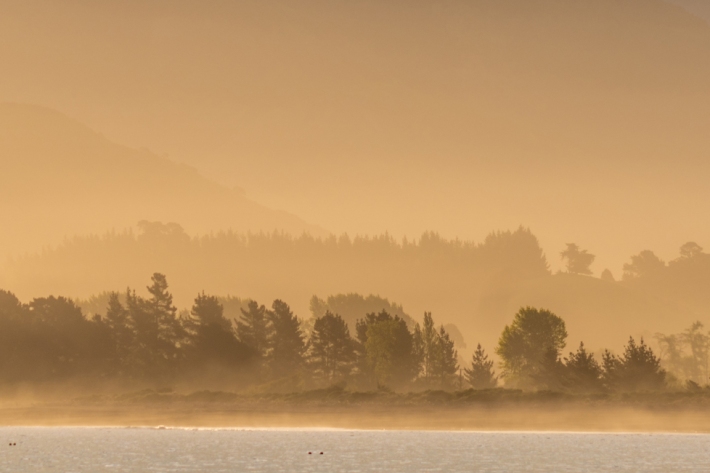
New Zealand experiencing 5x more temperature extremes than expected
Feature story04 January 2022Stories of tremendous forest fires, huge storm events, and suffocating heatwaves have dominated headlines over the past few years. We instinctively feel that our weather is getting wilder. Are we finally living through those climate change warnings we’ve heeded for decades? -
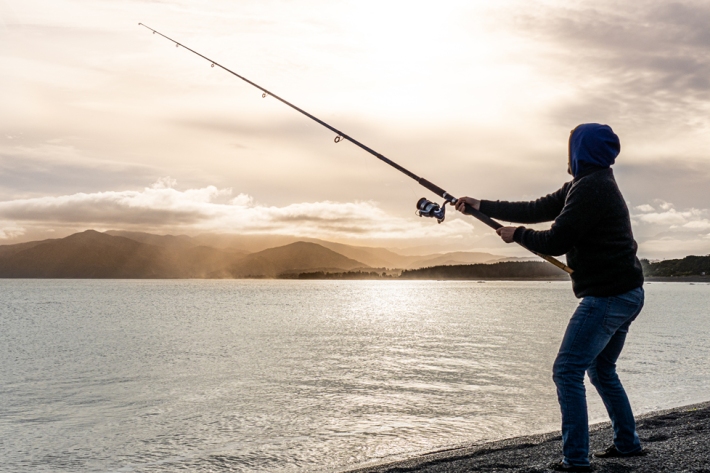
Will it be a fintastic fishing year?
Feature story30 December 2021A marine heatwave is happening all around New Zealand. Warmer waters are more pleasant for swimming in and can create wilder weather. But what do they mean for fishing? Let’s dive into the science behind getting a good catch. -
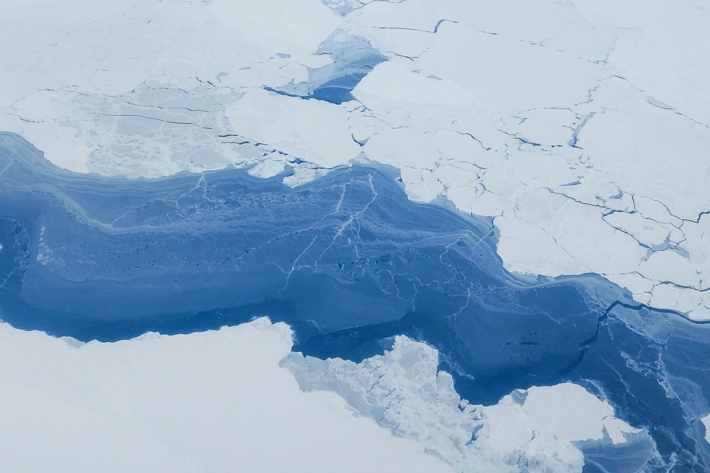
Studying a fragile and alien icy world
Feature story23 December 2021NIWA scientists are doing what no others have done before. In a mysterious world just below the Antarctic ice, a delicate web of ice crystals forms a habitat that’s unique and largely unknown. Until now… -
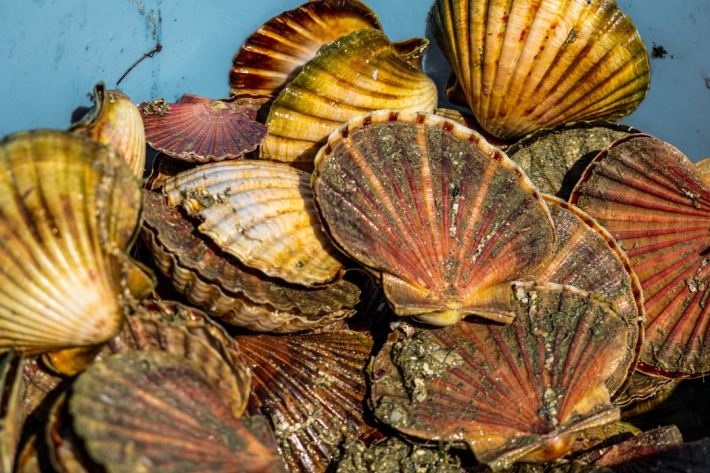
Surveying scallop populations with artificial intelligence
News article21 December 2021Developing a non-invasive automated method of counting and measuring scallops to monitor their populations. -
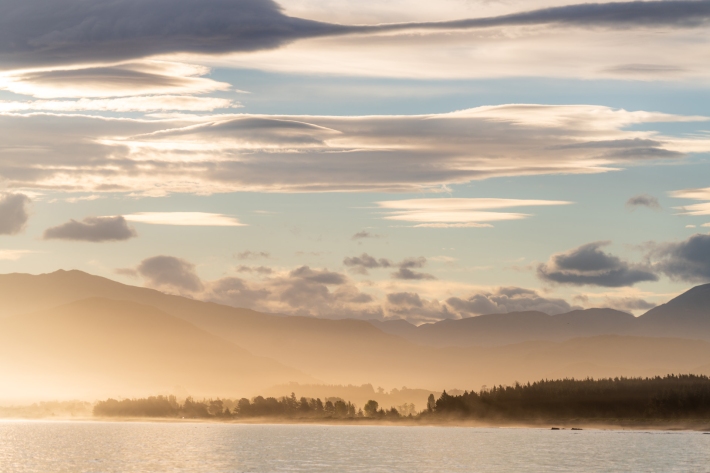
The great debate: when does summer begin?
Media release21 December 2021This Wednesday 22nd December, the sun reaches its highest position in the sky. It will be the Southern Hemisphere’s longest day of the year. Also known as the summer solstice, it marks the start of astronomical summer. But hang on, didn’t summer already begin? -
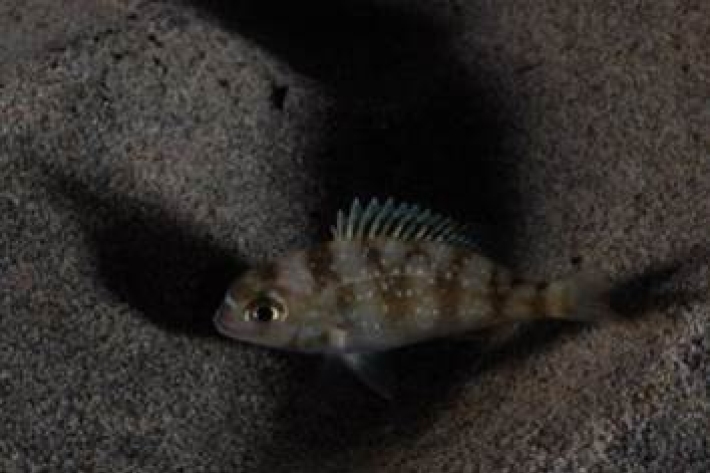
Juvenile fish nurseries in the Hauraki Gulf
News article20 December 2021Some fish species take years to grow to a size where they become sexually mature. These juvenile years, especially the first few months, are when fish are the most vulnerable to being eaten by predators. -

NIWA celebrates its Science New Zealand Award winners for 2021
Event20 December 2021Government scientists celebrated their 2021 award winners at the annual Science New Zealand awards celebration virtually this year. -
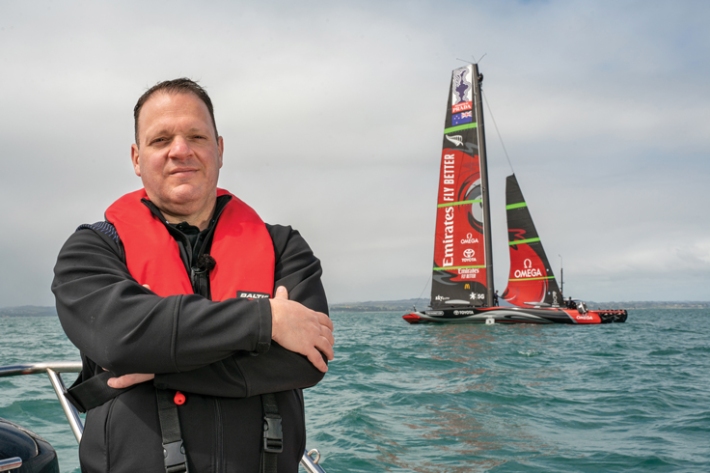
How we won the 36th America’s Cup
News article19 December 2021Emirates Team New Zealand is known for their outstanding achievements on the world yacht racing stage and their drive for excellence in technical innovation. So how does a supercomputer become part of the team? -

Snapper on the rise
News article18 December 2021Snapper are a highly abundant and iconic fish species in Aotearoa New Zealand, valued by a variety of stakeholders and tangata whenua. This popularity can see snapper populations placed under pressure from fishing.
